We've gone Pink to help fight Breast Cancer.
Use code "BREAST" and we'll Donate $50 to National Breast Cancer Foundation
Main Menu
Petsy Breed Pages
The world’s most comprehensive information on the ...
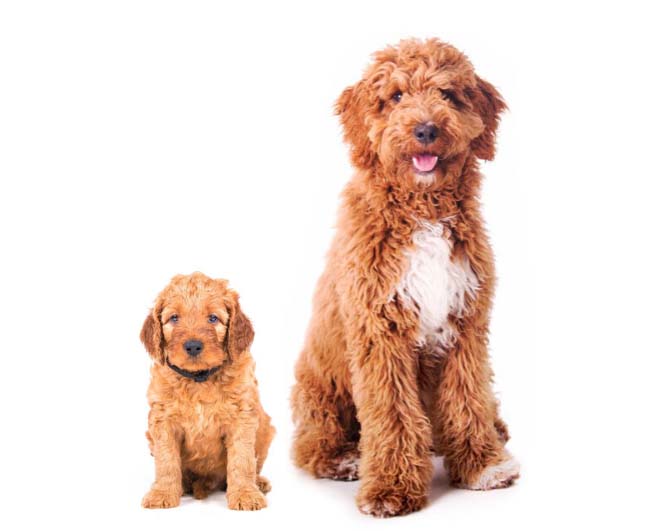
$2000.00 - $7000.00
Curly Golden, Curly Retriever, Goldenpoo
Large
Hybrid
Long
Extra high
Medium
10 to 15 years

Would you like to know what it would cost to insure an Groodle? Find out by getting a free quote, with petsy pet insurance.





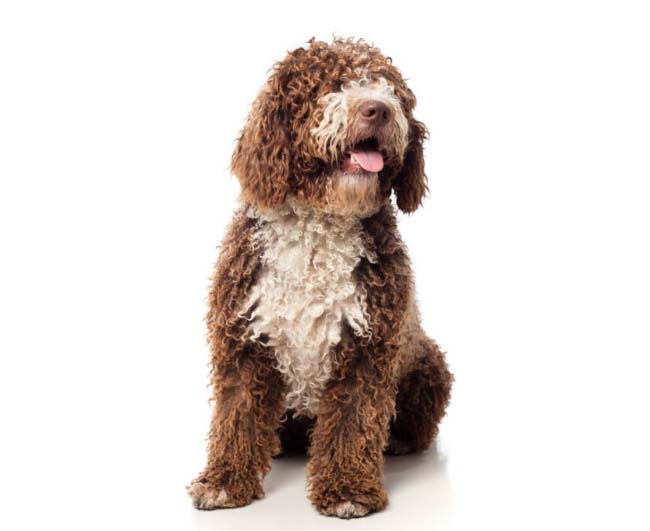
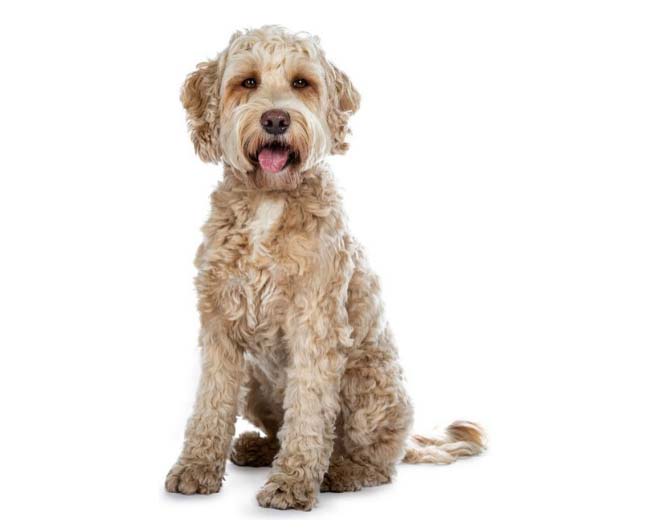

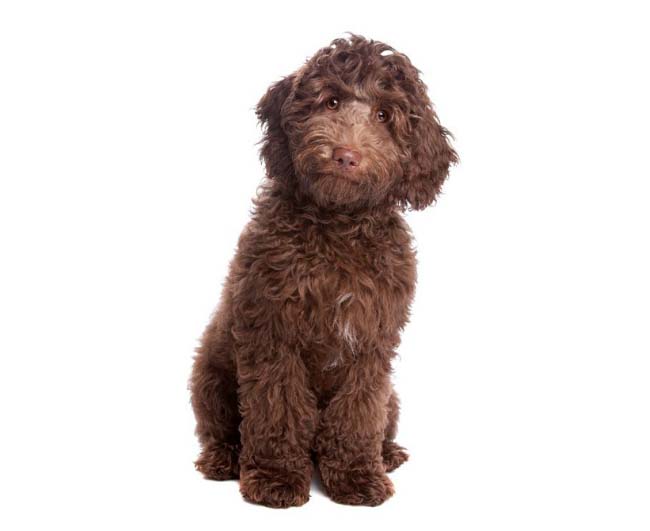
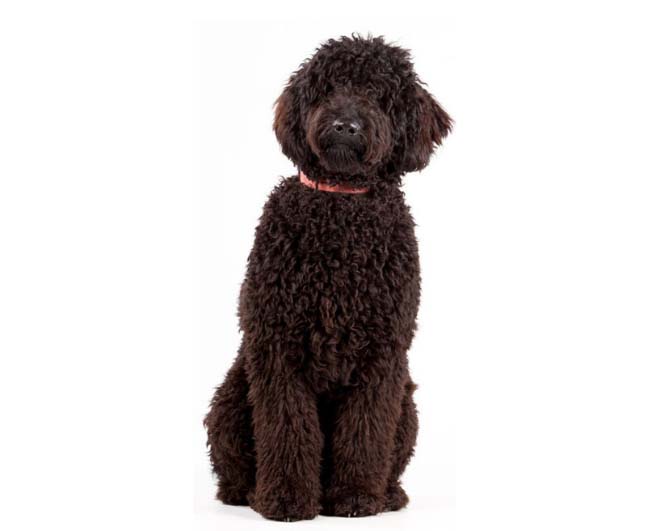
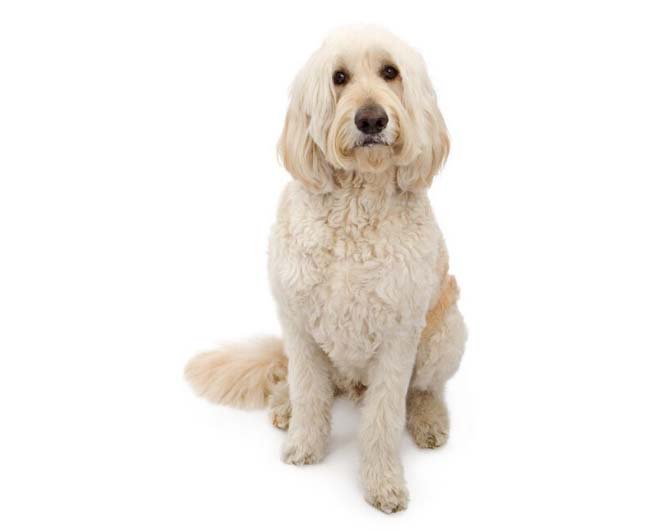
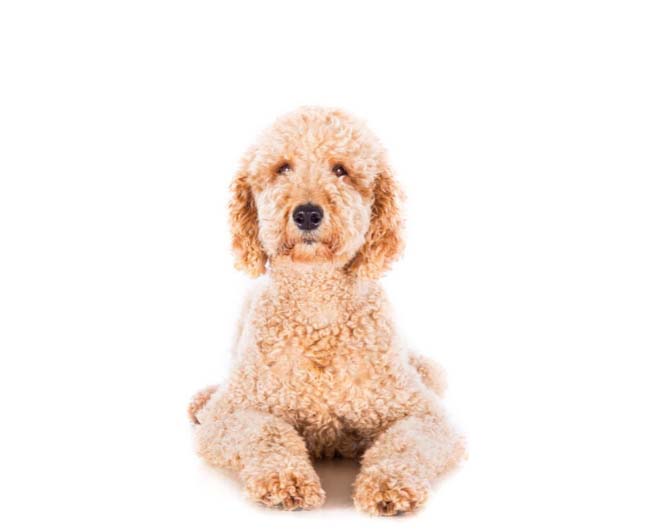
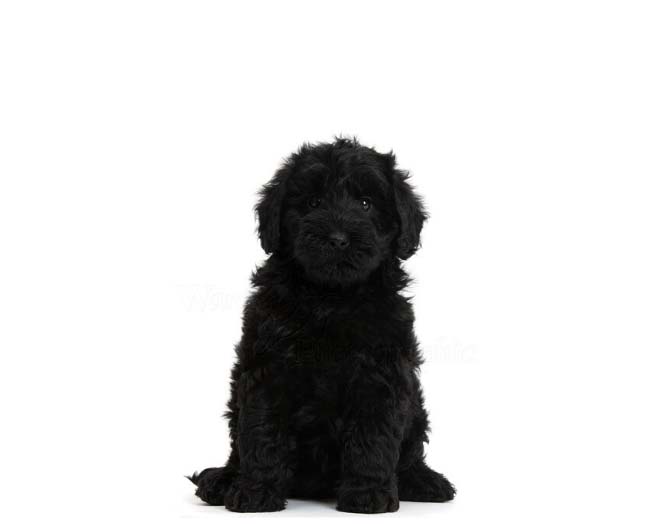
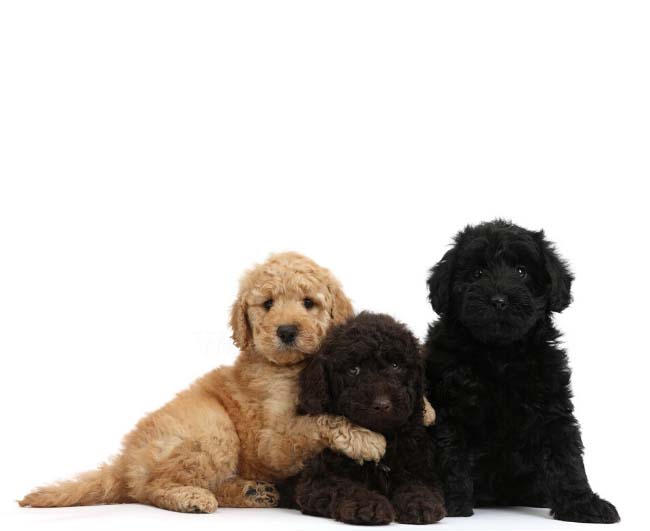

Groodle come in a variety of colours, including Apricot, Brown and White, Brown, Chocolate, White, Gold , Black, Caramel, Chocolate, Black, Gold.


How much do
Groodle eat?
0.25 to 0.75 cups of food a day

How much
exercise do they need?
40 to 60 Mins

Are they kid friendly? Cockapoos are generally considerate to children

Do they need a lot of space? As they are small dogs, they do not need much space
Patellar Luxation
Legg-Perthes Disease
Hip Dysplasia
Heart murmurs
They are recommended to have 1-4 cups of high-quality dog food per day, divided into two meals. The Goldendoodle is a low-maintenance dog with no special dietary needs; they have a healthy appetite. They thrive on high-quality dog food, whether commercially manufactured or home-prepared, under the supervision and approval of your veterinarian.
Goldendoodles shed very little. This makes them ideal for people who are sensitive to fur. But like other breeds, they shed at certain times of the year. So you'll want to increase your brushing routine to once a day when their shedding picks up in these seasons.
Brush him at least once a week to remove dead hair and keep the skin and coat healthy.
It doesn't take so much effort to groom them. Their coat may be either trimmed with clippers or by stripping (a process by which the coat is thinned and shortened with a sharp, comb-like tool called a stripping knife) a mix of both.
Trim their nails once or twice a month if your dog doesn't wear them down naturally to prevent painful tears and other problems. Their ears should be checked weekly for redness or a bad odour, indicating an infection.
Your careful weekly exam will help you spot potential health problems early. Make grooming a pleasant experience for them, complete with encouragement and treats, and you'll be paving the way for simple vet assessments and other handling when they are older.
The Goldendoodle requires 20 to 30 minutes of daily exercise. Taking them for a brisk walk two to three times per day should suffice. They make great jogging and hiking companions, but you must wait until the dog is two years old to avoid damaging the developing joints. Regular physical activity can help them get entertained and happy dogs at home.
Veterinary care is essential to maintain a dog's health and well-being, and the frequency of vet visits required will depend on the individual dog.
Annual health checks are recommended to ensure they are healthy and happy throughout their different life stages. In these annual visits, your vet will complete a physical examination, take your dog's temperature, check his heartbeat and overall health.
The Goldendoodle is a fantastic family companion. They are well-known for being excellent with children, and many of them are exceedingly patient. Gentle dogs like them are perfect for families who love to play with dogs. They are extremely sociable and loves to be around their family.
They are a keen observer and can learn easily. Goldendoodle training is comparable to that of most puppies, which means that rewarding with treats usually works well on them during training. Food rewards might be a good dog obedience training reward for these canines. Aside from that, compliments also boost their motivation for them to perform well.
The Goldendoodle is a fantastic family companion who gets along well with other dogs and family pets. They are a very sociable dog that likes to play with their new friends in the park. However, like with other dogs, they need proper and early socialization.
Here are some of the breeders who we work with as part of our breeder awareness program.
They are invested in ensuring the longevity of the breed and that new owner become responsible Affenpinchers owners.
Affenpinchers who are friends of Petsy





Enter your email in the form below and we will send you the full report as a pdf directly to your inbox.
Don’t worry, we hate spam too – read our privacy policy
Find the right level of insurance for your needs our customised quote takes less than a few minutes to complete.
They are recommended to have 1-4 cups of high-quality dog food per day, divided into two meals. The Goldendoodle is a low-maintenance dog with no special dietary needs; they have a healthy appetite. They thrive on high-quality dog food, whether commercially manufactured or home-prepared, under the supervision and approval of your veterinarian.
The Goldendoodle requires 20 to 30 minutes of daily exercise. Taking them for a brisk walk two to three times per day should suffice. They make great jogging and hiking companions, but you must wait until the dog is two years old to avoid damaging the developing joints. Regular physical activity can help them get entertained and happy dogs at home.
The Goldendoodle is a fantastic family companion. They are well-known for being excellent with children, and many of them are exceedingly patient. Gentle dogs like them are perfect for families who love to play with dogs. They are extremely sociable and loves to be around their family.
The Goldendoodle is a fantastic family companion who gets along well with other dogs and family pets. They are a very sociable dog that likes to play with their new friends in the park. However, like with other dogs, they need proper and early socialization.
Suite 58, Mezzanine/388 George St, Sydney NSW 2000
Petsy Pty Ltd (ABN 54 633 343 058, AR 1277359) (‘Petsy’) distributes and promotes Petsy Pet Protection Plus (formally Petsy Pet Insurance), Petsy Puppy Protection Plus and Petsy Kitten Protection Plus as an authorised representative of Knose Financial Services Pty Ltd (ABN 38 620 795 735, AFSL 536651) trading as ThePetInsuranceCompany.com.au (‘ThePetInsuranceCompany.com.au’). ThePetInsuranceCompany.com.au is an underwriting agency acting under a binding authority as an agent for the insurer; Pacific International Insurance Pty Limited (ABN 83 169 311 193) (‘Pacific) in relation to Petsy Puppy Protection Plus and Petsy Kitten Protection Plus policies and Petsy Pet Protection Plus policies from 01 March 2023 or have an anniversary renewal date from 18 March 2023, and the Australia branch of Allied World Assurance Company, Ltd (ABN 54 163 304 907) (‘Allied World’) in relation to Petsy Pet Insurance policies purchased between 17 February 2022 and 28 February 2023 (inclusive) or renewed between 01 March 2023 and 17 March 2023 (inclusive). In all aspects of arranging this product, Petsy and ThePetInsuranceCompany.com.au act as an agent of Pacific/Allied World (as the case may be) and not as your agent. Any advice contained in this email is general advice only and has been prepared without taking into account individual objectives, financial situation or needs and you should consider the appropriateness of any such advice, the Product Disclosure Statement (‘PDS’) and the Target Market Determination (‘TMD’) available via http://www.petsy.com.au or by calling 1300 952 790 before making a decision to acquire, or to continue to hold, the product. Terms, conditions, limits and exclusions apply. Please refer to the PDS.
© Copyright 2024 Petsy Pet Insurance
During the application process You will be provided with the option to include Optional Extra Benefits that cover certain conditions and Treatments which are not otherwise covered under the Policy.
The Optional Extra Benefits are:
Alternative Therapies, Behavioural Problems, and Dental Illness.
Examples of Alternative Therapies: Acupuncture, physiotherapy, hydrotherapy
Examples of Behavioural Problems: Excessive licking, fur pulling, pacing and destructive
chewing.
Examples of Dental Illnesses: Dental diseases, gingivitis, periodontal disease.